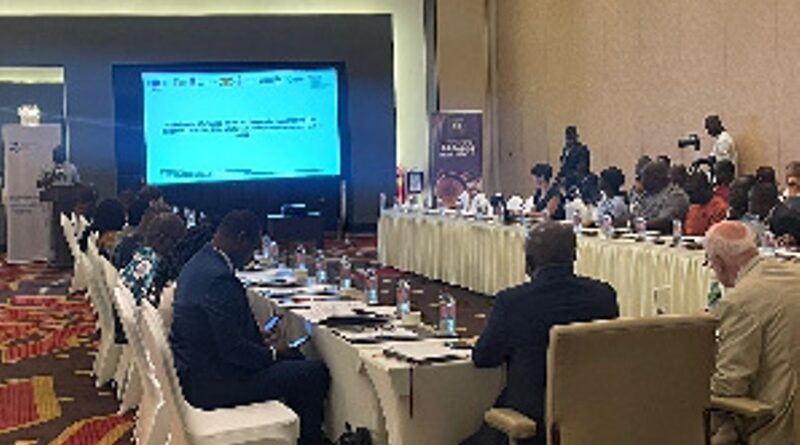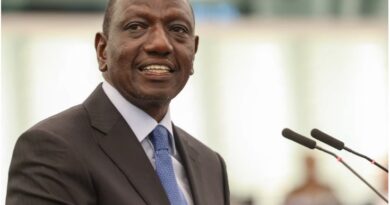Ghana takes steps to position itself for EU’s CS3D requirements for cocoa sector
Ghana is taking a proactive stance, positioning itself for the anticipated requirements that will reshape sustainable business practices in the cocoa sector.
The International Trade Centre (ITC) has partnered with Ghana’s Cocoa Board, the European Union (EU), the Organization of African, Caribbean and Pacific States (OACPS), and ISEAL to lead a crucial workshop addressing the impact of the EU CS3D on Ghanaian Cocoa value chain stakeholders and how best to navigate the upcoming changes.
The workshop held in Accra on November 23, comes after the EU approved a directive, mandating companies to conduct sustainability due diligence throughout their supply chains. This directive places accountability on businesses to establish systems for identifying, preventing, and mitigating environmental and social risks. The scope of due diligence extends to a company’s own operations as well as its sourcing model, reflecting a comprehensive approach to responsible business practices.
According to Deputy Chief Executive of Agronomy and Control at COCOBOD, Dr. Ebenezer Owusu, illegal mining is militating against the project. He however noted that he is hopeful Ghana could complete the pilot by March 2024.
“The illegal mining agents talk to the farmers. I want to give you say five thousand cedis. Give this area of your farm to me to use for galamsey. They need money so some of these farmers will go for it without thinking that if they leave that land and harvest their Cocoa, within 3 or 4 years, they will get more than that.
Speaking to journalists at the side of the workshop, National Programme Coordinator for Green and Inclusive Value Chains, Mr. Larry Attipoe said the move will help farmers export their produce through the channels of the European Union.
For his part, the Netherlands Ambassador to Ghana , HE Jeroen Verheul said “Cocoa is a very important product in the trade between Netherlands and Ghana and the EU regulations we are discussing here have strong impact on the way we trade Cocoa. What we want to achieve with this workshop is to enhance collaborations between all the different persons involved in the value chain of cocoa and chocolate.”
The stakeholder workshop under the theme ‘Ghana’s Experience, Preparation, and Challenges Towards Meeting the EU Corporate Sustainability Due Diligence Directive (CS3D)’ took place in collaboration with the Ghana Cocoa Board, OACPS, ISEAL, and the EU’s Directorate General for International Partnerships (EU-DG INTPA), is backed by extensive support from the Dutch Ministry of Foreign Affairs under the Netherlands Trust Fund (NTF V) programme.
The workshop draws insights from pilot programs on EUCS3D accompanying measures, running under ITC’s guidance, fostering collaboration between buyers and value chain partners. These programs aim to implement mandatory human rights and environmental due diligence sustainably, emphasizing a bottom-up approach that amplifies the voices of small farmers, processing operations, and consumer-facing companies. The collaboration, co-financed by OACPS, the EU, and the Dutch Ministry of Foreign Affairs, is implemented in partnership with the International Coffee Organization (ICO).
Since the proposal for Corporate Sustainability Due Diligence (CS3D) was unveiled in February 2022, stakeholders in Ghana have shifted their focus to how they will operationalize its requirements. The Ghana Cocoa Board, in collaboration with ITC’s Alliances for Action sustainable agribusiness initiative, is at the forefront of discussions, organizing training sessions, conducting readiness assessments, and soliciting feedback to develop a comprehensive action plan.
Source: ghanaweb.com




